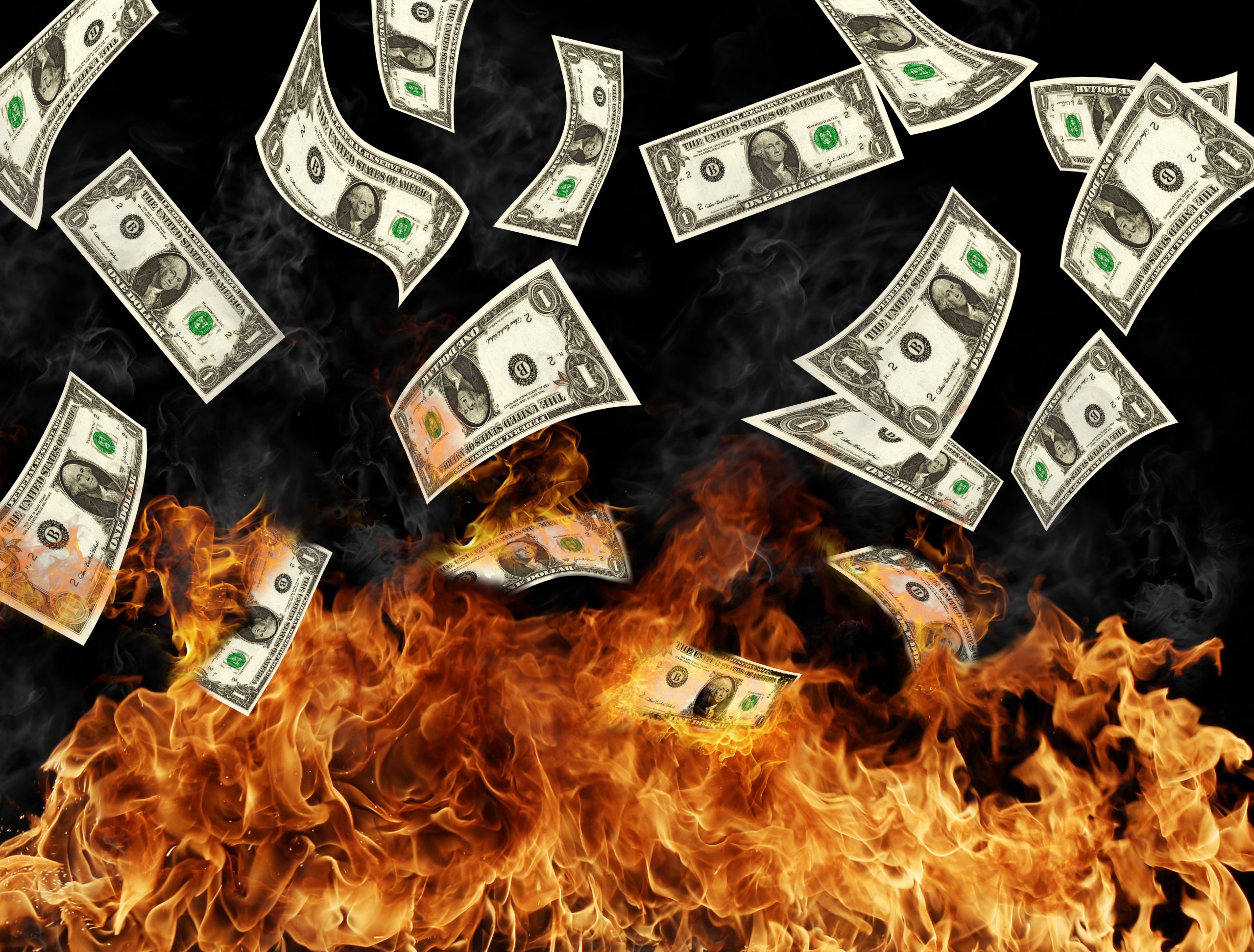Actually, the year-end rally on the stock exchanges should slowly pick up speed these days, because traditionally the stock markets tend to have a final spurt in the months of November and December. It remains to be seen whether this will also be the case this year.
There is still hope for a year-end rally this year and the current balance sheet season has so far not given investors any reason for an early farewell to the hoped-for final rally. However, many investors are not in the mood for sunshine – and for good reason.
They worry about rising raw material prices, the global semiconductor hack and rising interest rates. The latter have not yet risen sharply in the perception of the general public. But if the interest rate for ten-year Bunds increases from minus 0.5 to minus 0.1 percent and the corresponding US stocks also have to record an increase from plus 1.2 to plus 1.7 percent, then the financial world will not only clairaudient, but also restless.
A fearful look at interest rates and the Far East
In Europe there is a threat of positive interest rates and in the USA a rise above the 2.0 percent mark is feared. Both brands represent a kind of sound barrier. If they are broken, bonds – at least the safe government bonds – mutate again into an alternative for stocks. Then the big institutional investors like pension funds and insurance companies could start realigning their portfolios.
Corporate bond rates are another warning sign. Here, too, the more insecure the cantonists, the greater the danger. In China, the real estate sector is currently under massive pressure. Investors shy away from the risk and only want to borrow new loans at interest rates of sometimes over 20 percent.
Not even an Amazon or Apple can afford such loans in the long term, and certainly not a Chinese real estate developer who is already balancing one leg over the abyss. If the situation does not improve quickly, the real estate sector threatens to suffer great damage in China, which, like no other, represents the weal or woe of the Chinese economy.
Then, even with an undisturbed chip supply, the days when Daimler and VW from China reported high sales figures – not to mention records – will soon be over.
–


